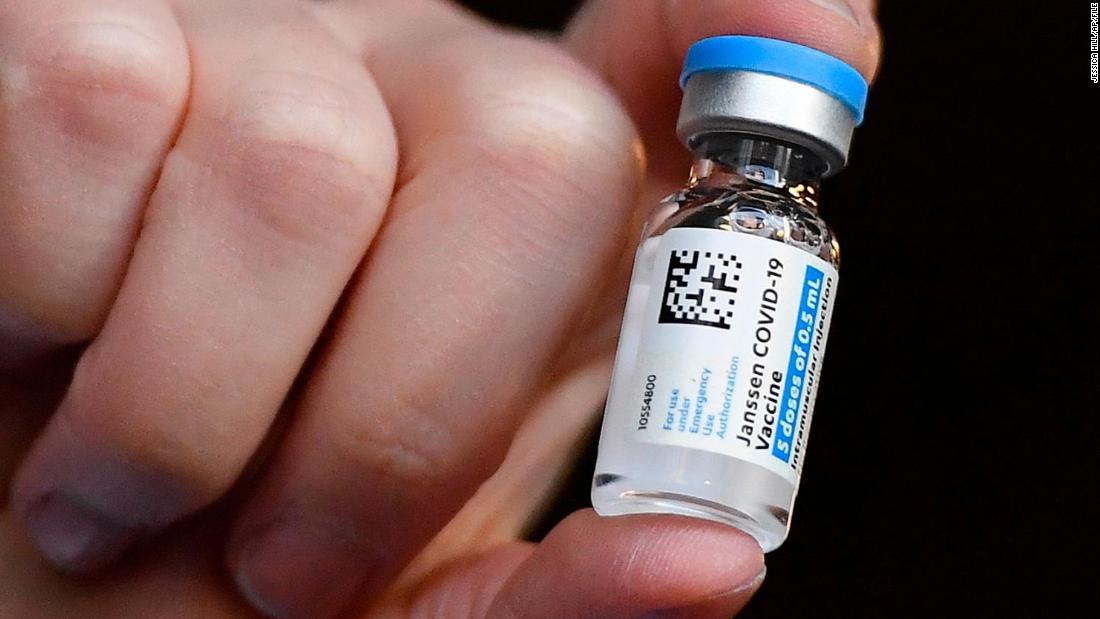
The European Medicines Agency (EMA) concluded that “a warning about unusual blood clots with low platelets should be added to the product information” about the injection given to patients.
“All cases occurred in people under 60 years of age within three weeks of vaccination, the majority in women,” the EMA said. “Based on the currently available evidence, specific risk factors have not been confirmed.”
The agency added that “the combination of blood clots and low platelets is very rare, and the overall benefits of COVID-19 vaccine Janssen in preventing COVID-19 outweigh the risks of side effects.”
The agency’s findings are nevertheless a setback for the pharmaceutical giant, and await the results of similar investigations by regulators in the United States.
The vaccine was suspended in the country on April 13 after reports came to light, and Johnson & Johnson decided to “proactively delay” the rollout of the shot in Europe on the same day.
The US Centers for Disease Control and Prevention (CDC) is looking at a “handful” of reported side effects after people received the vaccine, it said Monday, and is expected to release its own conclusions Friday.
The company will now try to regain confidence in both the United States and Europe. Vaccination programs have ramped up in both regions in recent weeks; the US vaccinates millions of people every day, while the EU rollout has improved from a rocky start.
The Johnson & Johnson shot was approved for use by the EMA on March 11, but has not yet been widely used.
The vaccine is being touted as a potential game changer in the pandemic because it is delivered all at once; most other approved vaccines around the world are given in two doses, at least a few weeks apart.
Multiple health authorities have emphasized that the overall benefits of the AstraZeneca vaccine still outweigh its risks, but some European countries limit the use of the shot to older age groups, while UK authorities recommended that people under 30 receive different vaccines.